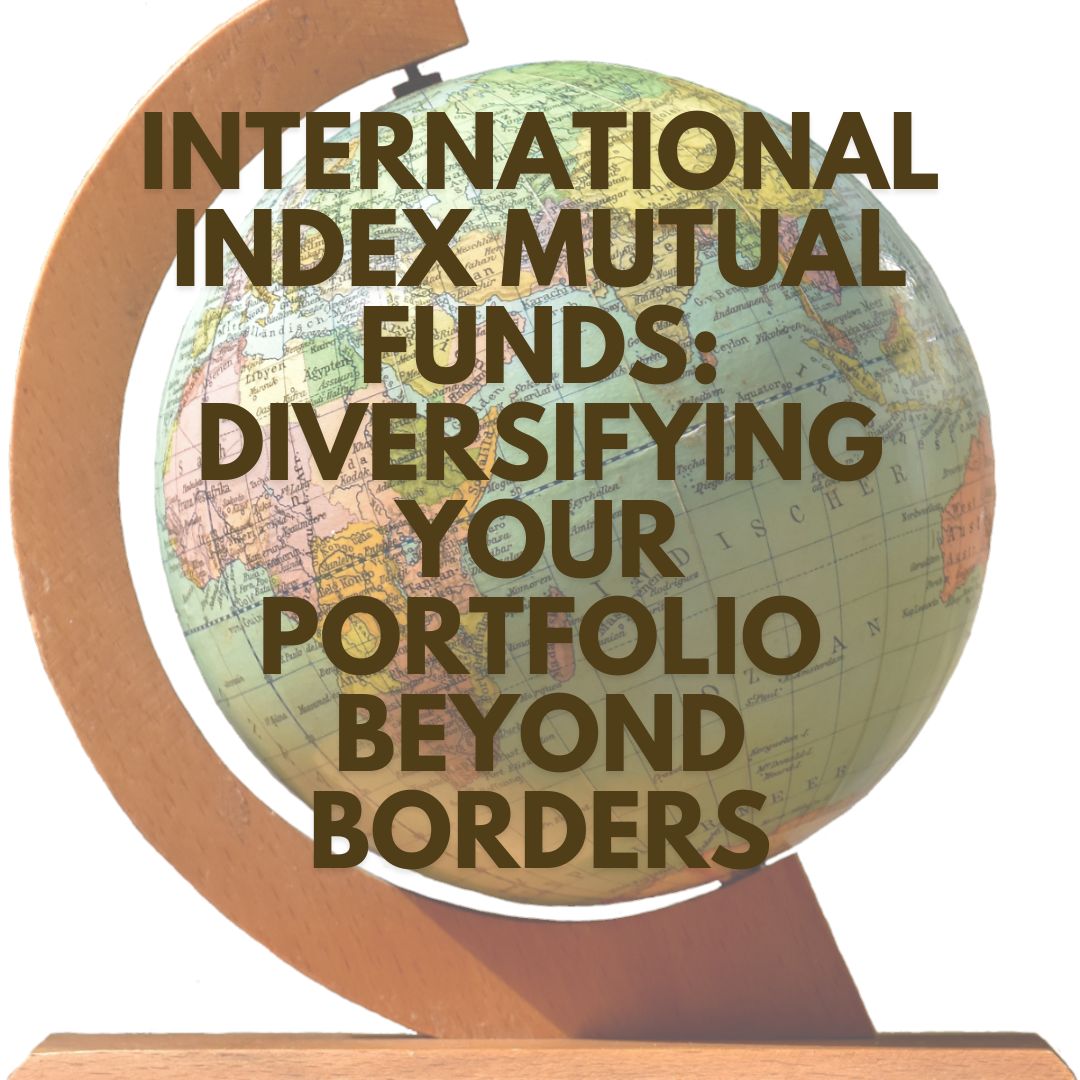Black Swan Effect: What is it? (Explained !!)

We are all stuck amongst a situation of a pandemic. The coronavirus or as some may call it COVID-19 has had a devastating effect on human health, social order, the economy, and global relations. Some experts claim it to be a situation of “black swan event”. But what do we mean by this black swan event and whether COVID-19 is one such event? Let us find out.
What is a Black Swan Event?
As soon as we hear the word “black swan”, a picture of a beautiful black duck-like bird flashes through our mind, so we think that maybe a black swan event is something related to these birds but this event was coined and popularized by Nassim Nicholas Taleb, a finance professor, writer, and former Wall Street trader back in 2001 in his book “Fooled by Randomness” and later explained in detail in 2007 his book “The Black Swan”.
A black swan is an extremely rare event with severe consequences, it is an extremely negative event or occurrence that is impossibly difficult to predict. It is a phrase commonly used in the world of finance to depict an event when something rare and unexpected occurs that has huge ramifications. Black swan events are believed to cause catastrophic damage to an economy. They cannot be predicted and they can only be prepared for by building robust systems.
Taleb outlined three basic attributes to identify a “Black swan event”:
- An event that is unpredictable.
- The result of such an event is severe and had widespread consequences.
- Once such an event has occurred, people will rationalize its occurrence and consider it to be predictable (this phenomenon is called “hindsight”)
What are the past examples of a black swan event?
Throughout history, there have been numerous notable black swan events. Some of the prominent ones being:
The 1987 Stock market crash:
The stock market crash of 1987 was a swift and severe downturn in U.S. stock prices that happened over a span of several days in late October 1987. While the crash originated in the United States, the event impacted every other major stock market in the world too.
The 1997 Asian Financial Crisis
The popping of the asset bubbles of the Asian countries like Thailand, Malaysia, Indonesia, Singapore, South Korea, and the Philippines resulted in losses of over 70% in the currencies & stock markets of these countries. As a result, most countries were made to devalue their currencies.
The 9/11 Attacks
The 9/11 attacks on New York’s Twin towers prompted the closure of the NYSE and NASDAQ stock indexes on the morning of September 11, 2001.
The “Dotcom” Crash
Popularly known as the tech bubble, from 2000 to 2002, several Internet companies filed for bankruptcy, resulting in significant losses for investors. The dotcom crash washed out nearly a trillion dollars worth of stock value. The NASDAQ Composite lost close to 78% of its value in this crash.
The 2008 Global Depression
With the filing of bankruptcy of Lehman Brothers, the largest bankruptcy filing ever in the United States history. Over 25,000 Lehman employees went jobless and more than $46 billion of Lehman’s market value was washed out. In totality, over $10 trillion was subsequently soaked out in the global equity markets.
2016 BREXIT
The exit of the United Kingdom from the European Union has been as messy and turbulent as the relationship itself. In reaction to the Brexit vote in 2016, the global markets dropped steeply with the Pound & Euro both declining drastically as well.
Why is it called a Black Swan Event?
Before 1697, any Western civilization had not seen any black swan. When the phrase was coined, it was a notion that such creatures didn’t exist. However, in 1697, Dutch explorers led by Willem de Vlamingh became the first group to have seen a black swan in Western Australia. Black swan events are used as a metaphor for the fact that just because something hasn’t happened doesn’t mean that it won’t.
What are Black Swans in Risk Management?
The risk managers use the term black swan when they need to communicate something extra. Black swan events bring challenges to risk management, especially in our ever-evolving technological landscape. However, these transformative changes in emerging technology help add to analytically forecast and try to mitigate Black Swan events.
There are numerous things that risk managers can do towards identifying and planning for potential Black Swan events both on a large scale and on a smaller scale. In addition to putting a continuous focus on the identification and classification of emerging risks, companies can bring in external experts or consulting teams to identify and minimize the inherent risk that can be caused by such events. An overwhelming majority of Black Swan events are in fact within the realm of manager’s control. With managers increased attention to details like an expanded definition for Black Swan events; the knowledge of mega trends impacting the industry and active identification and evaluation of emerging risks and controls along with continuous innovation in risk management can help to overcome such black swan events.
How to cope up with a Black swan event?
The aim is to build robust systems against negative events while still exploiting positive events. While no company can predict the future, those who build up their efforts in the present will be better able to anticipate the unexpected. The companies have the opportunity to create and practice contingency plans, and potentially be in a position to thrive not just survive in the face of the next Black Swan event.
What does a Black Swan Symbolize?
This striking bird is Australia’s only native swan and is a symbol for the state of Western Australia. Until it’s discovery, all swans were thought to be white, and in fact, it was an expression to tell something impossibly fantastic – so people expected a miracle if this elegant bird made an appearance.
Is COVID-19 a Black Swan Event?
If we go by Taleb’s criteria to identify a black swan event then COVID-19 satisfies the first two situations perfectly that it is an unpredictable event and the occurrence of COVID has had a severe and widespread impact. As far as the third condition is considered of it being predictable this element seems quite arbitrary, raising several questions, some experts consider it to be predictable while others argue it to be contrary. So, it can’t be clearly stated whether it is a black swan event or not.
Find out Effect of Coronavirus on World Economy | Will there be a Recession in 2020?
Conclusion
The Black Swan events are becoming more frequent rather than being a rarity. These events can cause severe damage to an economy. Though Taleb argued that because black swan events are impossible to forecast due to their intense rarity yet have devastating consequences, it is imperative for people to always assume a black swan event is a possibility. Reliance on standard predicting tools can both fail to forecast and possibly increase vulnerability to black swans by proliferating risk and offering a false sense of security. While we may not be able to mitigate or even predict such an event, we can nonetheless put a contingency plan if the situation does arise.
To conclude:
Rarity, extreme impact and retrospective predictability is the key to identify such a catastrophic event.









